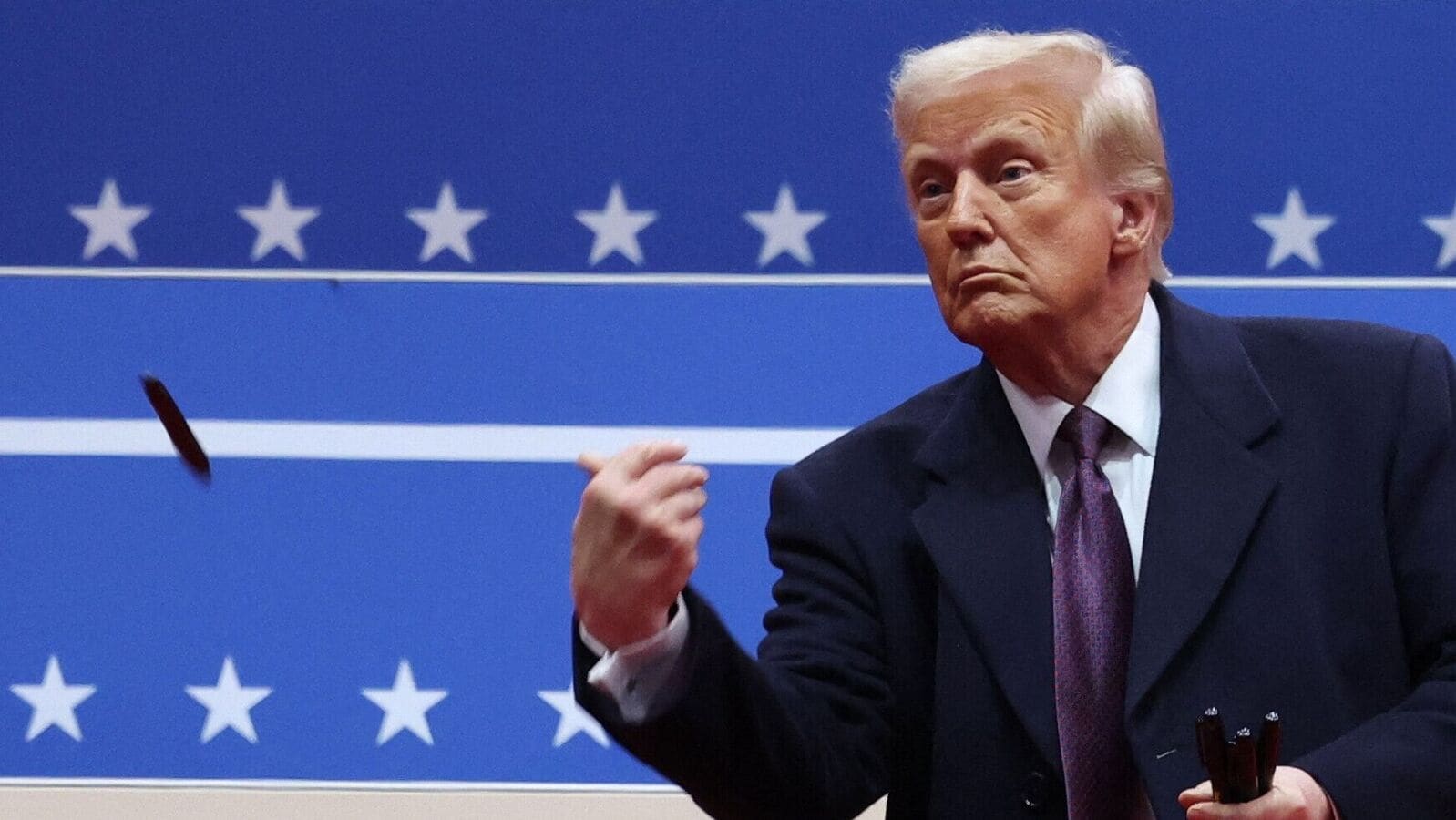US President Donald Trump Signs Executive Order to Withdraw US from World Health Organization Amid Global Backlash

Washington D.C., [Date] - In a move that has sent shockwaves across the global health community, US President Donald Trump signed an executive order on Monday directing the United States to withdraw from the World Health Organization (WHO), a crucial international aid and disease response group.
The decision marks another significant departure for the administration's strained relations with global health institutions. The potential exit would cut off one of the WHO's largest funding sources, posing severe implications for the organization's vital services on COVID-19, infectious diseases, humanitarian crises, and chronic conditions.
The $662 million in US contributions to the WHO – which accounts for 19% of its total revenue – is set to be paused as a result of Trump's executive order. The decision comes after months of tensions between Trump and world leaders over the WHO's handling of the COVID-19 pandemic. Critics, including health advocates and Democratic lawmakers, have long argued that the move represents a flawed narrative shift to deflect blame for the administration's handling of the crisis.
Prioritized removal from global cooperation would significantly harm the WHO’s critical role in eradicating diseases globally. The organization has achieved immense success through its vaccination campaigns, eradication programs, and disease surveillance networks.
An analysis by Bloomberg suggests that this potential withdrawal marks a significant deviation from customary protocols, with little likelihood of Congressional intervention to block Trump's orders due to minimal opposition among Republican lawmakers.
The US formally withdrew initially in 2018 when Joe Biden returned to office, citing one-year notice requirement. Upon taking office in January 2021, President Joe Biden reaffirmed the US commitment to global health security.
It remains unclear what direct impact this would have on the WHO's ongoing operations across key global outbreaks and medical emergencies including COVID-19, cholera, and more. However, with major criticism from international experts on public health services worldwide, diplomatic efforts are now well underway in attempt to mitigate potential damage to critical global networks.
